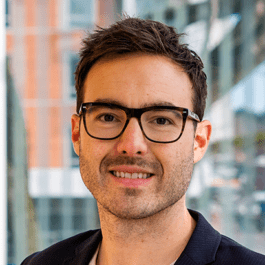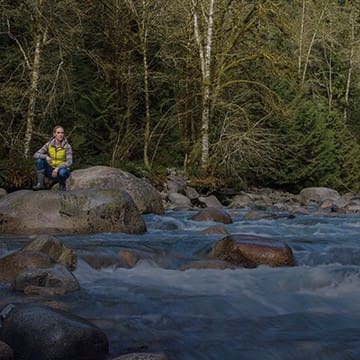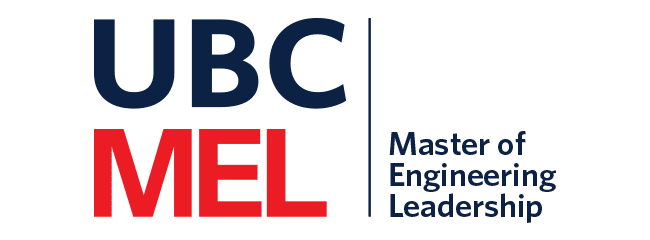A community circle approach to water treatment

Integrated Water Management: A community circle approach to water treatment
By Madjid Mohseni, Professor in the Department of Chemical and Biological Engineering, Scientific Director of the RESEAU Centre for Mobilizing Innovation and an instructor in the MEL in Integrated Water Management
Ensuring access to safe and clean drinking water in Indigenous and non-urban (I+NU) communities can be complicated, for many reasons. To create sustainable and locally appropriate solutions in this context, today’s water management professionals need to bring a holistic, consultative and collaborative approach to their work.
Although no single solution will solve water issues in all I+NU communities, many face similar underlying challenges – small tax bases, conflicting local funding priorities, remote locations, a lack of trained system operators and a pervasive mistrust of government policies and engineering solutions that failed to live up to expectations, to name just a few. Perhaps the biggest challenge is that no single person or organization possesses all of the knowledge and experience necessary to fix complex disparities in community health in this setting.
I’ve been working in this area for many years, both as a researcher of innovative drinking water disinfection technologies and through my role as scientific director of the RESEAU Centre for Knowledge Mobilization. RESEAU is a national non-profit based at UBC and funded through the federal Networks of Centres of Excellence program; its goal is to generate new knowledge and experimental evidence to mobilize innovation for I+NU communities. We have developed an award-winning co-creation platform, Community CircleTM, that puts I+NU communities in the driver’s seat of a collaborative process that seeks to overcome water problems on each community’s unique terms. All relevant partners and stakeholders (i.e., water system operators, residents, elders, engineers, funders and regulators) are brought to the table for open dialogue and goal setting, building confidence in proposed solutions and driving projects from concept to execution and beyond. Community CircleTM has solved several long-standing boil water advisories, redefining sustainability, the economics of drinking water and community health along the way.
In the water and wastewater management strategies course I teach for the MEL in Integrated Water Management, students explore topics that will enable them to contribute to sustainable water management solutions in communities large and small.
We cover microbiology, treatment strategies, water safety plans, asset management, re-use strategies and the role of public consultation and engagement. When possible, I include students in RESEAU Community CircleTM projects so they can work directly with an I+NU community, conducting microbial and chemical risk analysis and creating water safety and asset management plans.
Bringing knowledge from the lab into the community is highly rewarding and – given the disparities in water health among I+NU communities – essential work.
Doing so successfully requires a unique blend of integrated technical knowledge and the leadership and communication skills needed to unite diverse stakeholders in achieving the goal of safe and clean drinking water.
Integrated Water Management
Apply your technical and leadership skills in developing sustainable water management solutions.
Read MoreFeatured Faculty and Staff

DR. BARBARA LENCE
Join us for an
Info Session
Sign up for our latest online information sessions and discover what our programs have to offer.
Sign Up NowFeatured Alumni

Justin Byrne
Going back to school for a professional master’s degree is enabling Justin Byrne to return to his roots in water engineering while gaining the practical business and leadership skills to advance within his field.


